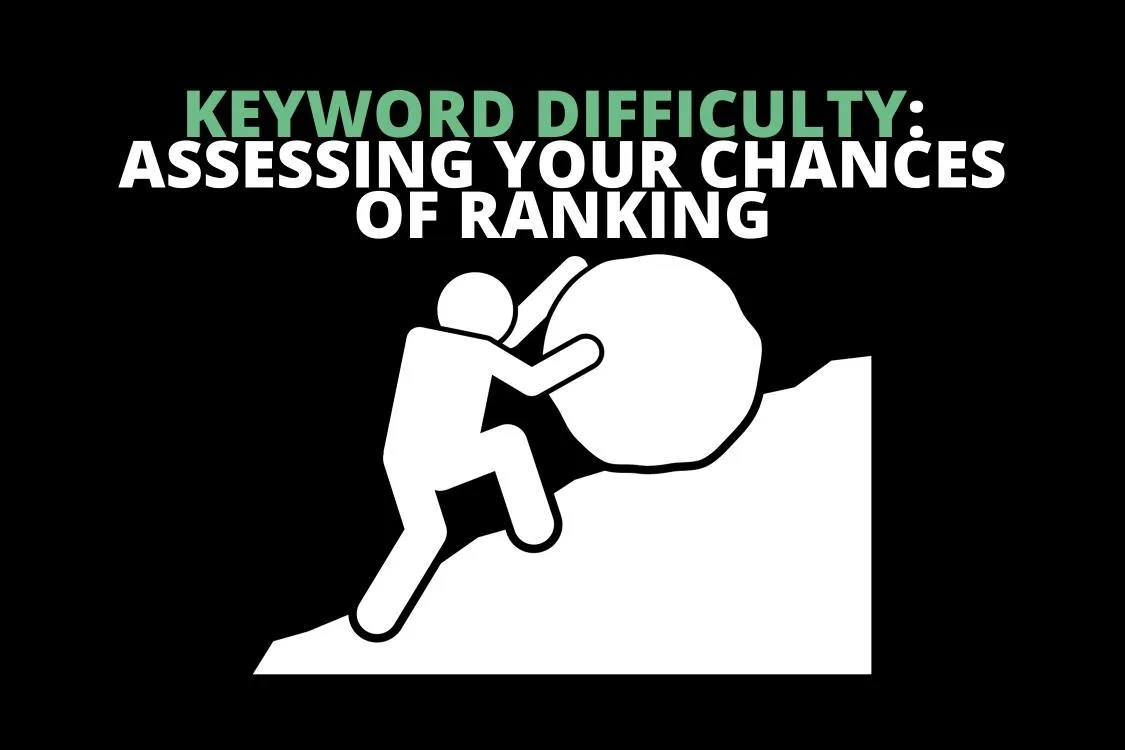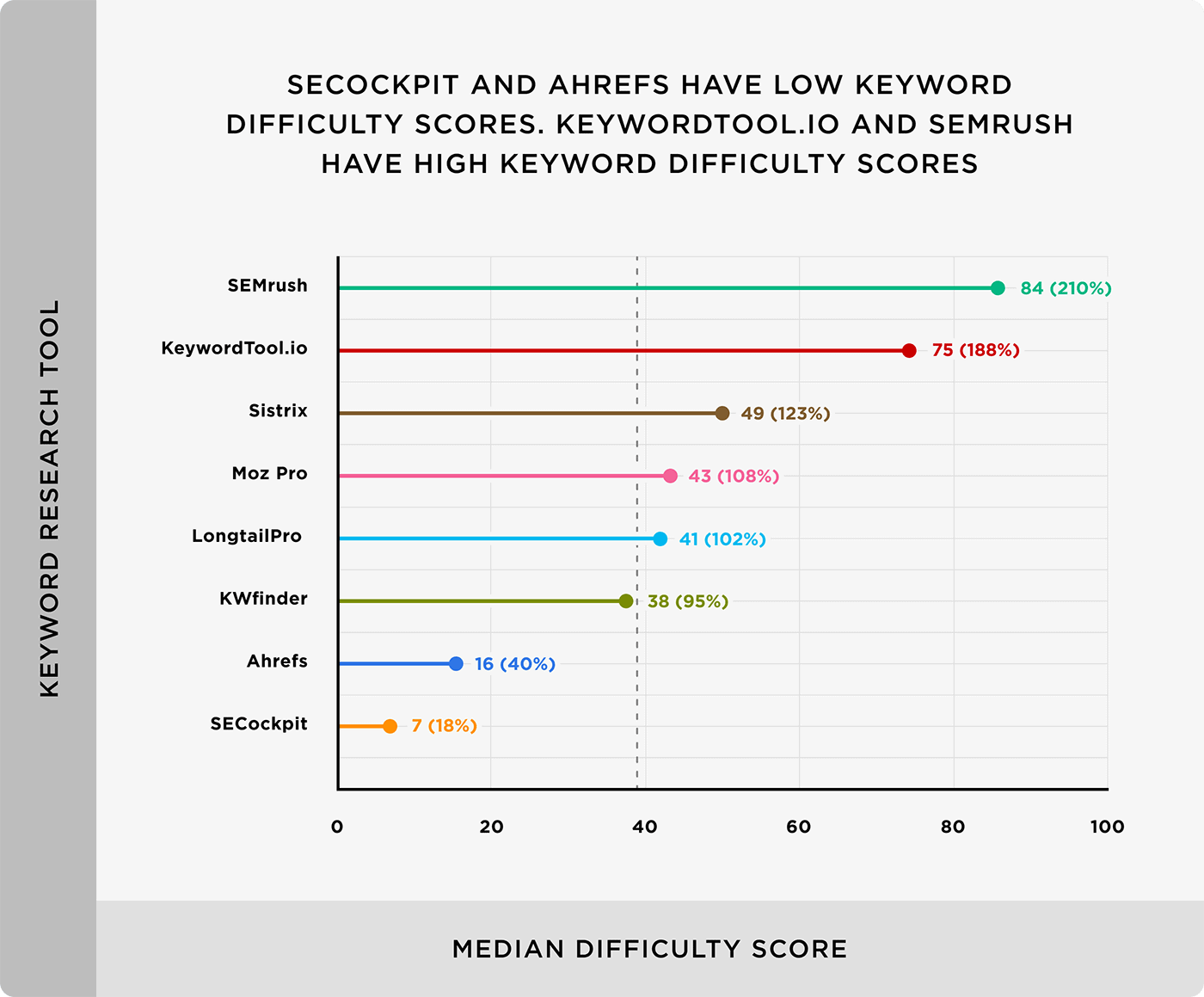Muay Thai Gear and Guides
Your Muay Thai Equipment Will Help or Hinder.
I research gear so you make the best decision as you begin your journey and grow!
Gloves
Possibly the most subjective piece of gear you will own. Here you will find what to look for in muay thai gloves. Beginners save money now and start your research for your upgrades!
Shin Guards
Conditioning your shins will come in time, but protect them now and don't feel as bad kicking your friends when sparring. PLUS, some extras to help you avoid ripping your achilles skin.
Shorts
Traditional Muay Thai shorts are a popular design but now there are more options. From material to features, I will explain the pros and cons.
ABOUT MTG
Why You Can Trust This Site and Me For Muay Thai Gear
There is no problem not knowing what to buy, especially when you are just starting out. It is intimidating making sure you have a respected brand and your gear has the best design for Muay Thai.
Luckily, I am wildly analytical and have a ton of experience with analysis paralysis. You are going to benefit from hours of research including watching videos, reading other review sites, contacting the brands themselves, and trying out the gear.
I promise to be honest with you and share our experience.
PLUS, I created this site to help my friends and fellow students make easy decisions. It is a labor of love, so you get my passion and not my attempt to sell you something you don't need. The only way I get paid is through affiliate links. If you click on a product you like and purchase it, I get the smallest amount in return. This does not sway our suggestions in any way.
Headgear
Not every gym requires you to get your own headgear. But, I suggest you do. You don't know if the last person cleaned them properly, and that is NOT a problem you want.
Mouth Guards
It is way more expensive to fix a chipped tooth than to have a mouth guard...or two...or maybe even 20 or more. Get the point?
Hand Wraps
Seems basic, right? A wrap around your hand. What about size, elastic vs non, slip-ons (with gel!)...get the idea?
Foot/Ankle Wraps
Much like hand wraps but for the opposite end of your body. After a few kicks, you'll see why I recommend them.
Elbow Pads
When the time comes and your gym allows you to spar with elbows, you will need pads. Your partner doesn't want a split eyebrow.
Knee Pads
Another buffer that allows you to throw a little harder but not hurt your partner. Plus, protect your joints as you get older.
"Thai" Pads
These are the most popular pads at your gym. However, sometimes the gyms are destroyed, so own a pair.
Focus Mitts
Great for increasing accuracy and speed. These little pads have huge benefits and can be used anywhere.
Belly Pads
Conditioning your abs in the beginning is great! As you level up, the teeps get tougher!
Strike Shield
This is a very versatile pad and there are slight features that matter quite a bit. You will love this for training with strong kickers.
Thigh Pads
Dead legs hurt! Believe me, I will get to a great story in here of a week long dead leg. These also help you flex into kicks.
Shirts/Tops
What's more important than a cool graphic? Discover why I choose certain materials, length, and brands.
Gym Bags
A big duffel works and so does a backpack. But, what if you ride a motorcycle - where are the waterproof bags? See our suggestions.

Keyword Difficulty: Assessing Your Chances of Ranking
What Is Keyword Difficulty?
Keyword difficulty is a pivotal metric in the SEO realm, representing the competitiveness of a keyword. In simpler terms, it's an indicator of how hard it would be to rank for a particular keyword on search engine results pages (SERPs).
Importance in SEO: In the grand scheme of SEO, keyword difficulty acts as a compass. It helps strategists and content creators determine which battles are worth fighting. A keyword with high difficulty might bring substantial traffic, but the resources and time required to rank might be immense.
Determining Factors: Several elements come into play when determining keyword difficulty. The backlink profiles of pages currently ranking for the keyword are crucial. A keyword dominated by pages with robust backlink profiles will naturally be more challenging. Additionally, the sheer number of websites vying for the keyword plays a role.
Benefits: Grasping the concept of keyword difficulty can revolutionize your keyword strategy. It aids in resource allocation, ensuring efforts aren't wasted on keywords that are too challenging. Moreover, it can guide content creation, steering it towards topics with a balance of feasibility and traffic potential.
At its core, keyword difficulty is a reflection of the SEO landscape for a specific term or phrase. It's a culmination of various factors, each contributing to the overall competitiveness of the keyword. As we delve deeper, we'll unpack these factors, shedding light on their individual and collective impacts. If you need help, please contact our SEO agency.
Benefits of Knowing Keyword Difficulty
Understanding keyword difficulty is akin to having a roadmap in the ever-evolving world of SEO.
Content Planning & Keyword Research: Knowing the difficulty of keywords can significantly influence content planning. It ensures that the content strategy aligns with keywords that are both relevant and attainable.
Informed Decisions: With insights into keyword difficulty, you can strike a balance between highly competitive keywords and those that are low-hanging fruits. This balance ensures a mix of short-term and long-term gains.
Impact on Organic Traffic and More: A well-informed keyword strategy, influenced by keyword difficulty, can boost organic traffic. Moreover, by targeting the right keywords, websites can enhance visibility, drive engagement, and increase conversions.
"The best way to think about a Difficulty score is as a predictor for the level of challenge an "average" website will have ranking for that keyword." - Moz
What Factors Determine Keyword Difficulty?
Keyword difficulty isn't a monolithic metric. It's shaped by various factors, each with its own weightage and significance. Let's unpack these determinants.
Search Volume
Search volume is the number of searches a particular keyword receives within a specified timeframe.
Importance in SEO & PPC: In both SEO and PPC, search volume acts as a barometer of a keyword's popularity. A high search volume indicates that the keyword resonates with a sizable audience.
Potential Traffic Value: Search volume can be a precursor to potential traffic. By juxtaposing search volume with pageviews in Analytics, one can gauge the potential traffic a keyword can drive.
Head Terms vs. Long-Tail Keywords: While head terms like "shoes" might boast colossal search volumes, they're often saturated with competition. On the flip side, long-tail keywords like "vegan leather running shoes" might have lower search volumes but can be goldmines due to reduced competition.
Competition (SERP)
The SERP landscape for a keyword can be a treasure trove of insights.
Analyzing SERP: To gauge keyword difficulty, one must scrutinize the SERP for the keyword. This involves assessing the authority, content quality, and optimization of the pages currently ranking.
Understanding Competitors: A deep dive into the top-ranking pages can offer insights into their strengths and weaknesses. This can be instrumental in formulating a strategy to outperform them.
Domain Authority
Domain authority is a metric that encapsulates a website's credibility and stature in its niche.
Concept & Importance: Developed by Moz, domain authority is a score between 0 and 100, with higher scores indicating greater authority and trustworthiness. In the context of keyword difficulty, a keyword dominated by high DA sites will naturally be more challenging.
Reputation & Relevance: A high DA indicates that a website is deemed reputable and relevant in its industry. Such sites, backed by quality content and robust backlink profiles, often rank higher, making certain keywords more competitive.
Content Quality and Strategy
In the world of SEO, content is king.
Significance in Keyword Difficulty: High-quality content can be a game-changer. Even for websites without an established backlink profile or high DA, exceptional content can pave the way for decent rankings.
Elements of Quality Content: Quality content isn't just well-written. It's relevant, enriched with effective imagery, bolstered by data points, and supported by reputable links.
Backlink Profile of Competitors
Backlinks, often dubbed the backbone of SEO, play a pivotal role in keyword difficulty.
Importance: Analyzing the backlink profiles of competitors can offer a window into the keyword's competitiveness. A robust backlink profile is often synonymous with high authority.
Evaluating Backlinks: It's not just about the quantity but the quality of backlinks. Backlinks from reputable, high DA sites can significantly bolster a page's chances of ranking.
Ranking Factors for the Targeted Keywords
Search engines employ a myriad of factors to determine rankings.
Concept: Ranking factors are the criteria search engines like Google use to rank pages for specific keywords. These can range from on-page elements like content quality to off-page factors like backlinks.
Understanding & Application: By grasping these factors, one can tailor their strategy to align with what search engines deem important, enhancing the chances of a higher ranking.
How to Measure Keyword Difficulty?
As we venture further, we'll explore the tools and metrics that can offer insights into keyword difficulty, guiding your SEO endeavors.
Different Metrics and SEO Tools Used to Measure Keyword Difficulty
The SEO toolkit is replete with tools that can shed light on keyword difficulty.
Metrics & Tools: Tools like Ahrefs, Semrush, and Ubersuggest offer a plethora of metrics that can help ascertain the competitiveness of a keyword.
Application: These tools not only provide a keyword difficulty score but also offer insights into backlink profiles, search volumes, and more, painting a comprehensive picture of the keyword landscape.
However, metrics can be skewed by different tools. Check out this graph by Backlinko about the difficulty score on each tool for the same keyword. So, use each tool as a guide and understand how they measure difficulty.

Understanding Domain Authority, Page Authority, and Link Equity
These metrics, while distinct, collectively offer insights into a website's stature and credibility.
Concept & Creation: Crafted by SEO software giants, these metrics estimate the strength and credibility of domains and pages. They act as indicators of how search engines might perceive the site.
Significance in Rankings: High domain authority can significantly influence rankings, making certain keywords more competitive.
What Is a Good Keyword Difficulty Score To Target?
The ideal keyword difficulty score isn't set in stone. It varies based on various factors.
Determining the Ideal Score: The perfect score hinges on factors like your site's authority, available resources, and overarching SEO strategy. While newer sites might target lower difficulty scores, established sites can aim higher.
Balancing Act: The key lies in balancing achievable keywords with those that promise substantial traffic. This ensures a mix of quick wins and long-term goals.
Keyword Volume and Intent
Keyword volume and intent can be instrumental in shaping your keyword strategy.
Significance: While volume offers insights into popularity, intent sheds light on the user's purpose. Understanding both can guide keyword selection, ensuring alignment with user needs and business offerings.
Types of Intent: From informational to transactional, understanding the different types of intent can help in tailoring content to match user queries.
How to Find Low-Competition Keywords for SEO
In the vast ocean of keywords, finding low-competition gems can set you leagues apart.
Process: The quest for low-competition keywords demands a blend of keyword difficulty metrics, relevancy checks, and alignment with offerings. But, there are shortcuts with the following tools:
https://ahrefs.com/keyword-difficulty
https://moz.com/tools/keyword-difficulty
https://moz.com/products/pro/seo-toolbarTopic Clusters: Embracing the topic cluster model can be transformative. By creating pillar content targeting broader terms and supplementing it with spin-off pages for niche keywords, one can dominate the SERPs.
Understanding keyword difficulty is more than just a technical exercise; it's a strategic endeavor that can shape the trajectory of your SEO efforts. By delving deep into the factors that determine keyword competitiveness, leveraging the right tools, and aligning your strategy with insights, you can navigate the complex landscape of SEO with confidence. Remember, it's not always about targeting the most popular keywords, but rather finding the right balance between attainability and potential. As you refine your keyword strategy, let the principles of keyword difficulty be your guiding light, ensuring that your content not only reaches the digital shelves but also resonates with your audience. In the ever-evolving world of SEO, staying informed and adaptable is the key, and understanding keyword difficulty is a significant step in that direction. Need help? Our marketing agency is here for you.
Featured Muay Thai Gear
Below are featured because I have personally used them and they will get you started.
You won't be investing a ton of money and you will have the quality to keep you safe and comfortable.




















